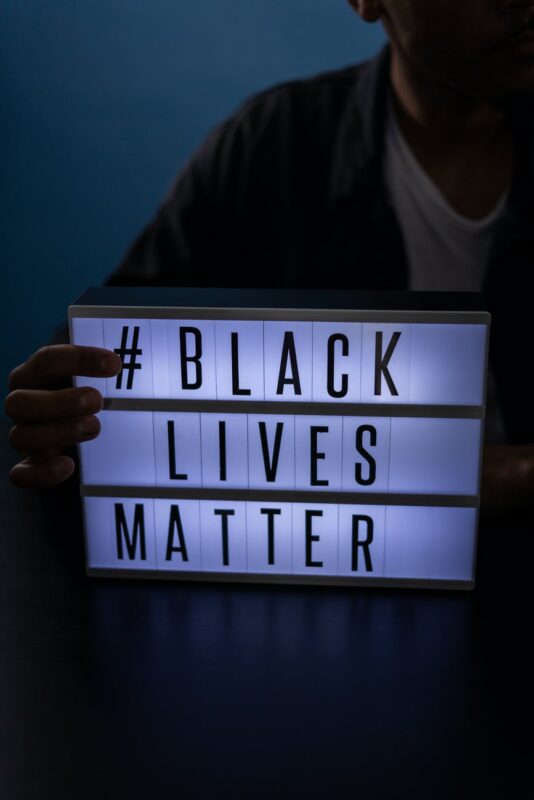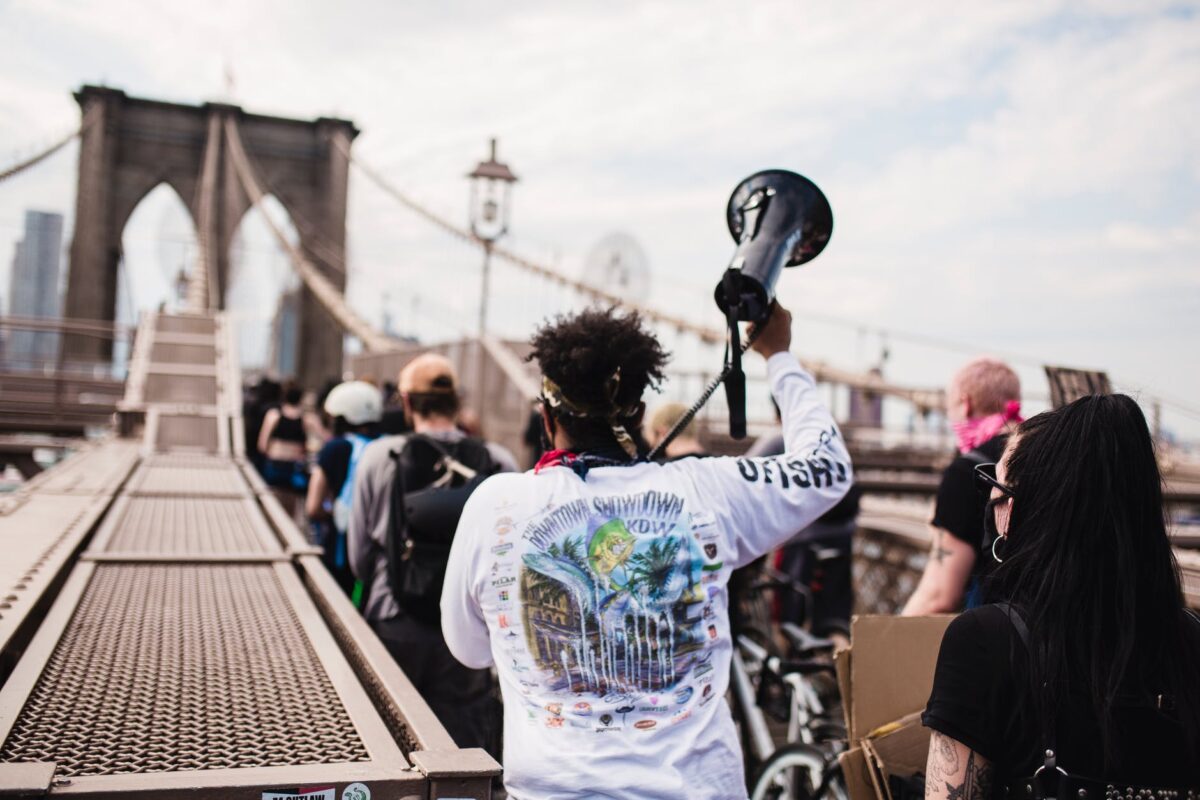Everyone loves the popular biblical verse from 1 Corinthians 13: “Love is patient, love is kind. It does not envy, it does not boast, it is not proud. It does not dishonor others, it is not self-seeking, it is not easily angered, it keeps no record of wrongs. Love does not delight in evil but rejoices with the truth. It always protects, always trusts, always hopes, always perseveres. Love never fails.” But as I have been reading through the Old Testament and musing on real life scenarios, there are plenty of alternative dimensions to love that this popularly quoted New Testament passage seems to be missing.
Thoughts on Christianity, faith, and life









